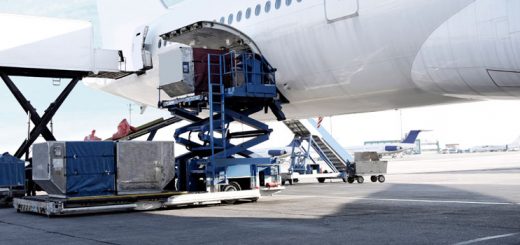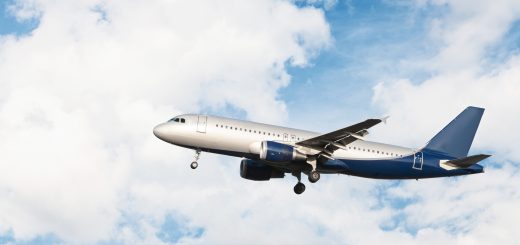5 Factors to consider when choosing an Air freight forwarder for your business
Introduction
Air freight forwarders are an essential part of the logistics industry. They play a crucial role in facilitating the movement of goods around the world by air. An air freight forwarder is a third-party logistics provider specialising in arranging cargo transportation by air. Air freight forwarders are intermediaries between shippers and carriers, handling all logistics. Choosing the right air freight forwarder is critical for any business that relies on air transportation to move its goods. In this blog post, we’ll explore factors to consider when choosing an Air freight forwarder for your business.
Understanding Air Freight Forwarding
Air freight forwarding involves arranging the transportation of goods by air. It includes coordinating the pick-up and delivery of the cargo, handling all the necessary documentation and customs clearance, and arranging for the cargo to be transported on an aircraft. There are different types of air freight forwarding, including standard air freight, express air freight, and charter services. The benefits of using air freight forwarding include speed, reliability, and flexibility.
Factors to Consider when Choosing an Air Freight Forwarder
When choosing an air freight forwarder, you need to consider several factors to ensure that you select the right partner for your business. These factors include:
- Experience and expertise: Look for an air freight forwarder with extensive experience in your industry and a proven track record of success. This freight forwarder should have a deep understanding of the complexities involved in air transportation and be able to provide guidance and advice on how to optimise your supply chain.
- Carrier options and transportation network: Your air freight forwarder should have a wide range of carrier options and a robust transportation network that can handle your shipments to and from any destination in the world.
- Customs clearance and compliance: Your air freight forwarder should thoroughly understand customs regulations and compliance requirements in the countries you’re shipping to and from. They should be able to handle all the necessary documentation and ensure that your shipments clear customs smoothly.
- Documentation and paperwork: Your air freight forwarder should be able to handle all the necessary documentation and paperwork required for your shipments. These include bills of lading, commercial invoices, and packing lists.
- Shipment tracking and visibility: Your air freight forwarder should provide real-time shipment tracking and visibility so that you can monitor the progress of your shipments at all times.
Evaluating Air Freight Forwarders
It’s essential to assess potential partners thoroughly; below are the things to evaluate potential partners:
- Conducting research: Look for air freight forwarders that have a strong reputation in your industry and a proven track record of success. Check their website, read reviews and testimonials, and ask for references.
- Asking the right questions: Ask potential air freight forwarders about their experience, carrier options, customs clearance expertise, documentation handling, and shipment tracking capabilities.
- Reviewing references and testimonials: Reach out to contacts provided by potential air freight forwarders and ask about their experience working with them. Also, read online reviews and testimonials to understand their reputation.
- Comparing quotes and rates: Ask potential air freight forwarders for quotes and compare their rates and services to ensure you’re getting the best value.
Best Practices for Working with an Air Freight Forwarder
Once you’ve chosen the right air freight forwarder, it’s essential to establish a strong working relationship with them. The following are some best practices for working with an air freight forwarder:
- Communication and collaboration: Establish open lines of communication and collaborate closely with your air freight forwarder to ensure that your shipments are handled smoothly.
- Transparency and trust: Be transparent about your shipment requirements and build trust with your air freight forwarder by providing accurate and timely information. It includes detailed information about your cargo, shipment schedules, and special needs.
- Monitoring and tracking shipments: Use your air freight forwarder’s tracking tools to monitor the progress of your shipments and address any issues promptly.
- Handling disputes and issues: Establish a transparent process for handling disputes and issues that may arise during shipping. It can also include setting up a dedicated contact person and outlining a resolution process.
Conclusion
Choosing the right air freight forwarder is critical for any business that relies on air transportation to move its goods. By considering factors such as experience, carrier options, customs clearance expertise, documentation handling, and shipment tracking capabilities, you can find a reliable partner to help optimise your supply chain. Evaluating potential air freight forwarders through research, questions, references, and quotes, can help you make an informed decision. Establishing strong communication, transparency, trust, and monitoring practices will help ensure the success of your shipping operations. A valuable insights has been provided in this blog post into choosing the right air freight forwarder for your business.
For a trusted and experienced Air freight forwarder to help with your shipping needs, consider Fortune Global Shipping. We have the expertise and professionals to handle all your Air freight needs from around the world. Contact us today for the best and most affordable Air freight forwarding services.



